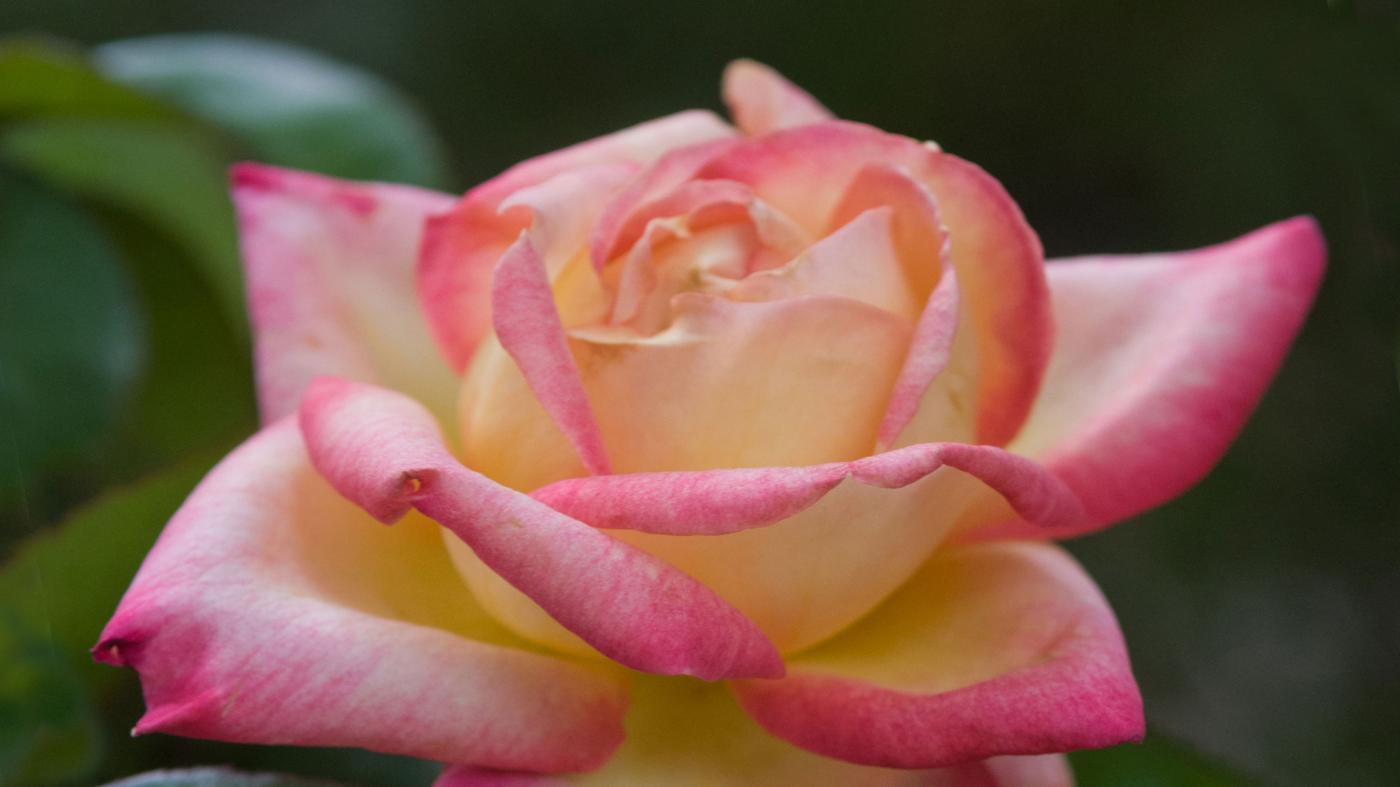
42.14294815, -87.78515625
42.14440918, -87.78640747
42.14971542, -87.78839111
42.14973068, -87.78858948
European Bluestar
European bluestar is one of the few amsonia species native to Europe (Turkey and Greece) rather than North America. It is a drought tolerant variety with the classic blue flowers, slender leaves and good fall foliage color of the genus.
Members of the genus Amsonia are commonly known as bluestars for the abundant small blue flowers borne in clusters at the stem tips in late spring or early summer. The foliage ranges from threadlike to willow-like and looks attractive throughout the growing season with the bonus of good to outstanding yellow to gold fall color. Species may vary in plant size from a ground cover sized 5 inches to an almost shrub sized 4 feet. Bluestars are considered easy-to-grow, long-lived perennials tolerant of many soil types.
Most amsonia are native to North America, but a few of the 22 species hail from Europe or Asia. The Chicago Botanic Garden's collection includes over 20 varieties and more than 3,5000 individual plants. A number of these varieties have been evaluated for their performance in our region; Plant Evaluation Notes can be found on the Garden's website. The genus was named for Dr. Charles Amson, an 18th century American colonist.

